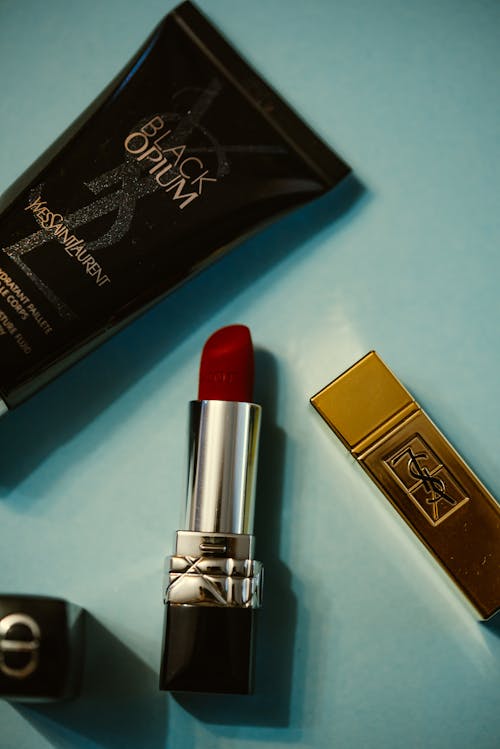The History Behind Iconic Labels
The position of luxury fashion brands stands separately in both cultural and economic domains of societal development. The brands combine fashion products with original artistic value along with historical background and specialized appeal as well as personal identity traits. The following post explores the intriguing historical development of famous luxury fashion brands across the globe.
1. Chanel: Redefining Women’s Fashion
The discussion of luxury fashion necessitates Coco Chanel as a prominent mention. During the year 1910 Chanel launched its initial enterprise as a hat manufacturing store in Paris. In the early 1900s Gabrielle “Coco” Chanel created female clothing patterns featuring relaxed elegance after eliminating constraints from fashionable attire. The world received Chanel No. 5 perfume as her signature creation in 1921 while she introduced the iconic Chanel suit and little black dress which transformed into standard female formal attire.
Chanel’s vision was simple elegance. Minimalist sophistication remains the defining element in Chanel’s brand DNA through its more than century-long history. Since Karl Lagerfeld took over as creative director in 1983 until 2019 and with Virginie Viard currently at the helm the company maintains its relevance while preserving Coco’s heritage.
2. Louis Vuitton: From Travel Trunks to Global Symbol
Trunks became the initial product that Louis Vuitton produced when it established operations in 1854. At that time Vuitton rose to fame by making sturdy flat-top trunks that could be arranged in stacks. His travel trunks achieved status as symbols of elite luxury use which captured the attention of members of European high society.
Georges Vuitton established the LV Monogram series in 1896 with specific canvas patterns that simultaneously protected brand authenticity and deterred counterfeiters. During many years Louis Vuitton introduced its product range to include handbags alongside accessories and ready-to-wear clothing items. LV functions as one of the world’s most prestigious luxury brands and maintains status as a valuable heritage brand which emphasizes craftsmanship.
3. Gucci: From Italian Leather to Global Fashion Icon
In 1921 the leather goods company Gucci initiated its operations from a business location in Florence. Through his time working at the Savoy Hotel in London Guccio Gucci developed innovative leather bag designs inspired by luxurious traveler trunks. The high standards of quality workmanship together with luxurious materials led people to recognize the brand.
Top Gucci brand symbols include the distinctive double-G emblem and the bamboo handled bags as well as the horsebit loafers. In the late 1990s Tom Ford introduced provocative modern designs that brought new life to Gucci. Since taking charge at Gucci Alessandro Michele implemented maximalist aesthetics which attracted numerous youthful high-end consumers.
4. Hermès: The Epitome of Craftsmanship
Hermès stands alone as one of the most recognized brands for everlasting luxurious products. In 1837 Thierry Hermès established his harness workshop which started by serving the European nobility. Since its inception in 1837 the Hermès business grew beyond saddle crafts into bag production before embracing scarf creation before launching its ready-to-wear branch.
Birkin along with Kelly bags represent Hermès most iconic products as skilled artisans spend 48 hours to finish them by hand. Hermès handcrafted handbags serve as messages of high-value wealth alongside their function as luxury accessories. Through its family successor the company maintains ownership of Hermès while insisting upon the production of high-quality goods that use traditional fabrication methods in their entire development process.
Why History Matters in Luxury Fashion
These successful brands remain leaders by adapting their approaches while preserving their historical foundations throughout the test of time which included both periods of war and economic decline and social transformations and changes between different generations. Luxury fashion marks its status using logos which embody numerous decades and frequently centuries worth of traditional crafts along with industrial progress and cultural importance. The products from these brands represent more than just the merchandise to their premium consumers because they become a part of a captivating historical legacy.














